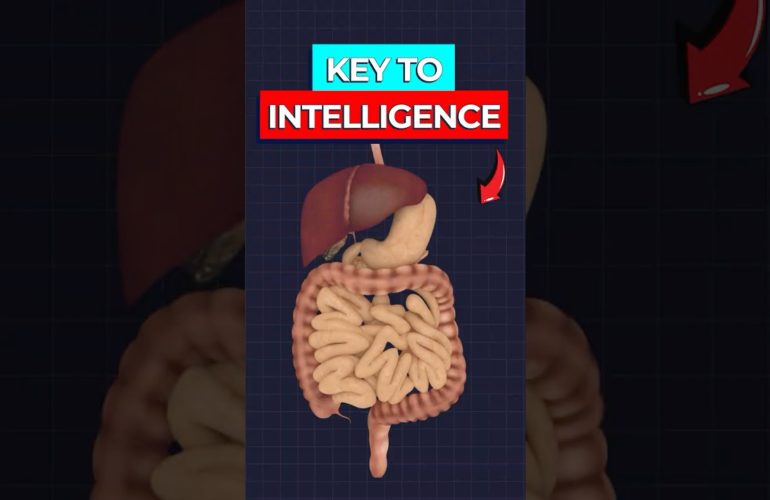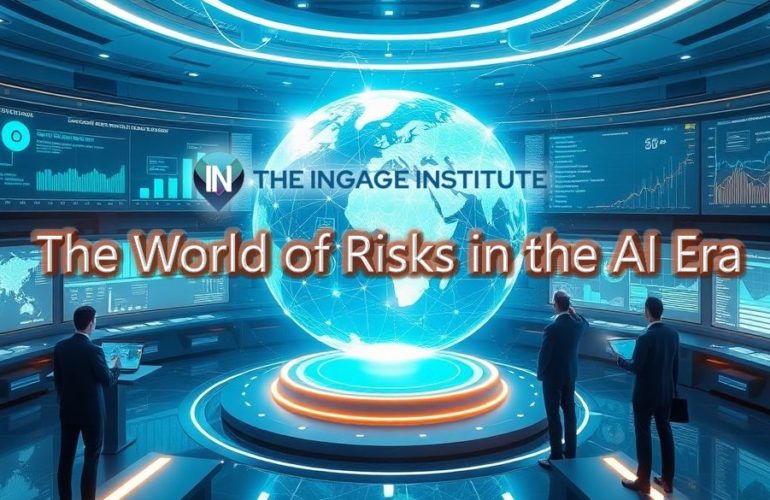-
The video explores whether reaching AGI (Artificial General Intelligence) could create a “permanent underclass” by locking socioeconomic mobility, particularly for those lacking capital to access compute resources.
-
AGI is described as AI that surpasses humans in “knowledge work” (e.g., development, data analysis, customer service), making compute (processing power) the new core resource for career and economic advancement.
-
The fear is that once AGI arrives, people will be “stuck” at their current economic level, since future leverage in knowledge work will depend on access to capital (for buying compute) rather than labor value.
-
Major AI firms are investing heavily in massive server farms, anticipating that “compute” will be the key resource in the post-AGI economy.
-
Entry-level employment is already being impacted:
-
A Stanford study (“Canaries in the Coal Mine”) found a 13% employment decline (mid-2025 data) for 22–25-year-olds in jobs highly exposed to AI, while older workers and overall wages remain stable.
-
The Handshake platform reports a 15% drop in entry-level job postings and a 30% increase in applications for each position among 2025 graduates.
-
Falling AI costs (compute and inference) may democratize access to AGI, but Javon’s Paradox suggests cheaper, more efficient resources tend to increase total consumption rather than resolve inequality.
-
Universal Basic Income (UBI) and Universal High Income (UHI) are discussed as possible solutions promoted by figures like Sam Altman and Elon Musk, with the argument that UBI could drive entrepreneurship, but critics worry about inflation and socialist policies.
-
Even with more affordable AI, there are concerns AGI will still automate many roles—yet some experts believe humans will remain essential for certain tasks, particularly at the “ends” (initiating, reviewing, orchestrating) rather than just the “middle” (execution).
-
The video and interviewees (including CEOs and CTOs from Box and OpenAI) argue AI will often complement human work (“augmentation,” not pure automation). This could shift where jobs grow, create new industries, and increase the demand for roles not yet imagined.
-
New kinds of jobs and creative opportunities are likely to emerge due to AI-driven lower barriers and greater productivity, improving overall societal opportunities and potentially allowing individuals and startups to compete with large firms.
-
The overall message is cautiously optimistic: while major workforce transitions are inevitable and certain jobs will vanish, many more will be transformed, with humans remaining essential and opportunities potentially expanding with the right policies and training.
-
The video concludes by advocating proactive adaptation (learning AI tools, embracing augmentation) and suggests that AI’s productivity gains could create unprecedented abundance, entrepreneurial opportunity, and solutions to global problems.



